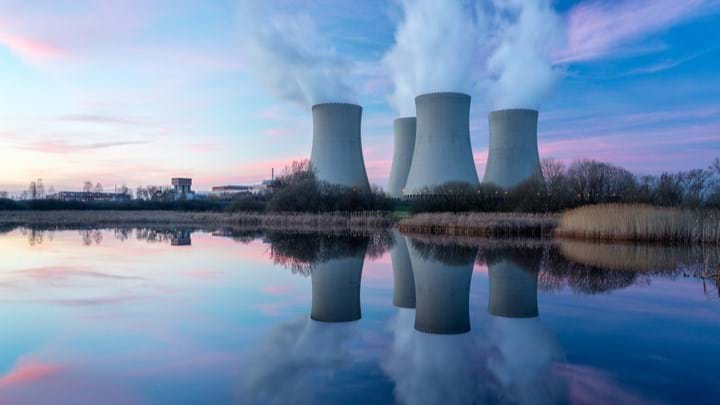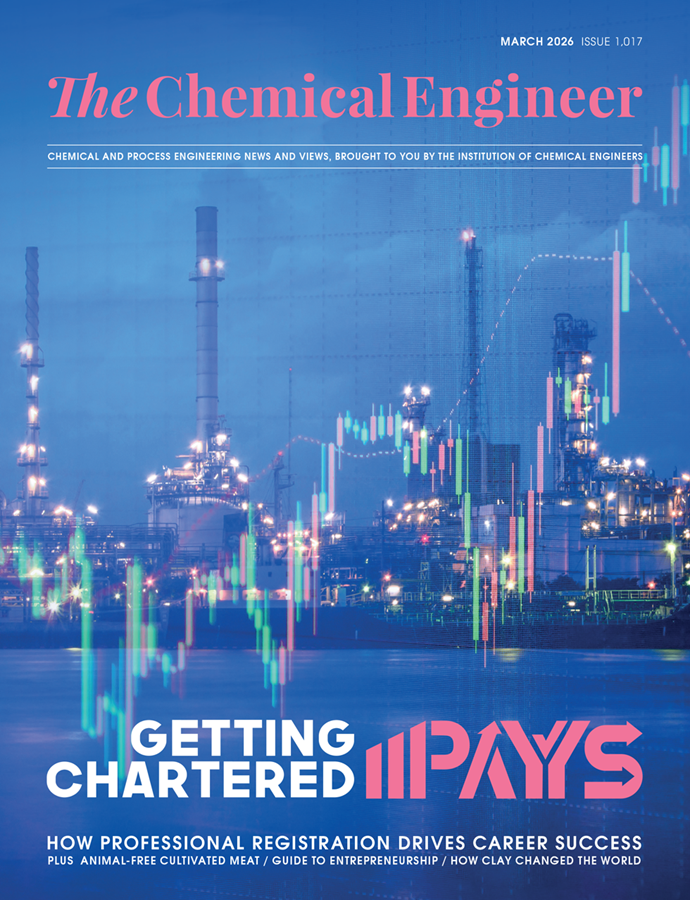UK ‘most expensive place in the world’ for nuclear

COMPLEX regulations and delays have made the UK the “most expensive country in the world” to build nuclear projects, according to a stark report from the Nuclear Regulatory Taskforce.
Commissioned by prime minister Sir Keir Starmer, the Nuclear Regulatory Review 2025 cites factors such as planning delays and costly regulations that have contributed to the UK’s nuclear industry decline, calling for a “radical reset” to speed up development.
The UK currently has two massive nuclear projects under construction, Sizewell C and Hinkley Point C, both expected to be operational in the 2030s. Costs are estimated at £38bn (US$50bn) and £48bn respectively, and both projects have experienced multiple delays.
'Systematic regulatory failure"
Issues in the current nuclear industry, the taskforce says, stem from regulators, government and industry creating a “cycle of inefficiency, delay and excessive cost”.
The review identifies several key problems, including fragmented oversight, with multiple regulators scrutinising a single project and weak financial incentives for businesses. It also criticises the government for being slow and indecisive in clarifying regulations for projects.
Tom Greatrex, CEO of the Nuclear Industry Association, said: “Our standards of regulation are world renowned but our processes have sometimes developed in a piecemeal way.”
Recommendations
To support the industry, the review sets out 47 recommendations for the government, including simplifying the regulatory system by establishing a lead regulator model and reviewing guidance with a revised approach to tolerability of risk.
The recommendations also call for reforms to the project planning system, including improving the application of the Critical National Priority designation and streamlining the conventional planning process.
If the government implements these recommendations, the review estimates the approach could save “tens of billions” of pounds for the UK nuclear industry, which is currently looking at £150bn in projected costs for decommissioning alone.
Greatrex added: “This report presents an unprecedented opportunity to make nuclear regulation more coherent, transparent and efficient, in turn making projects faster and less expensive to deliver.
“Too often, costly and bureaucratic processes have stood in the way of our energy security, the fight against the climate crisis and protecting the natural environment, to which nuclear is essential.”
Recent Editions
Catch up on the latest news, views and jobs from The Chemical Engineer. Below are the four latest issues. View a wider selection of the archive from within the Magazine section of this site.




